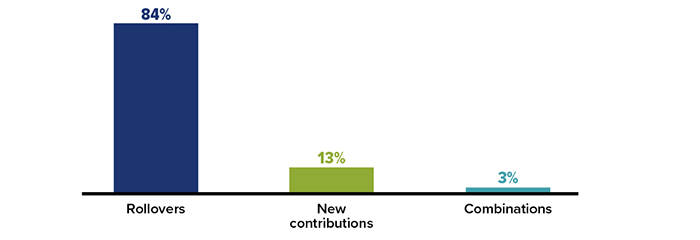July 2021 Newsletter
July 2021 Newsletter

He tells us when our strength starts waning, he will renew it and we will soar like eagles (Isaiah 40:31).
Qualified retirement plans, such as IRAs and 401(k)s, have many rules, and some of them can be quite complicated. Take the following quiz to see how well you understand some of the finer points.


Saving is the act of putting away money for a future expense or need. When you choose to save money, you want to have the cash available relatively quickly, perhaps to use immediately. However, saving can be used for long-term goals as well, especially when you want to be sure you have the money at the right time in the future.
Neither saving or investing is better in all circumstances, and the right choice really depends on your current financial position.
If you don’t need the money for the next five years or more and can withstand some losses in capital, then you likely should invest the money.
Real-life examples are the best way to illustrate this, Keady says. For example, paying your child’s college tuition in a few months should be in savings — a savings account, money market account or a short-term CD (or a CD that’s about to mature when it’s needed).





